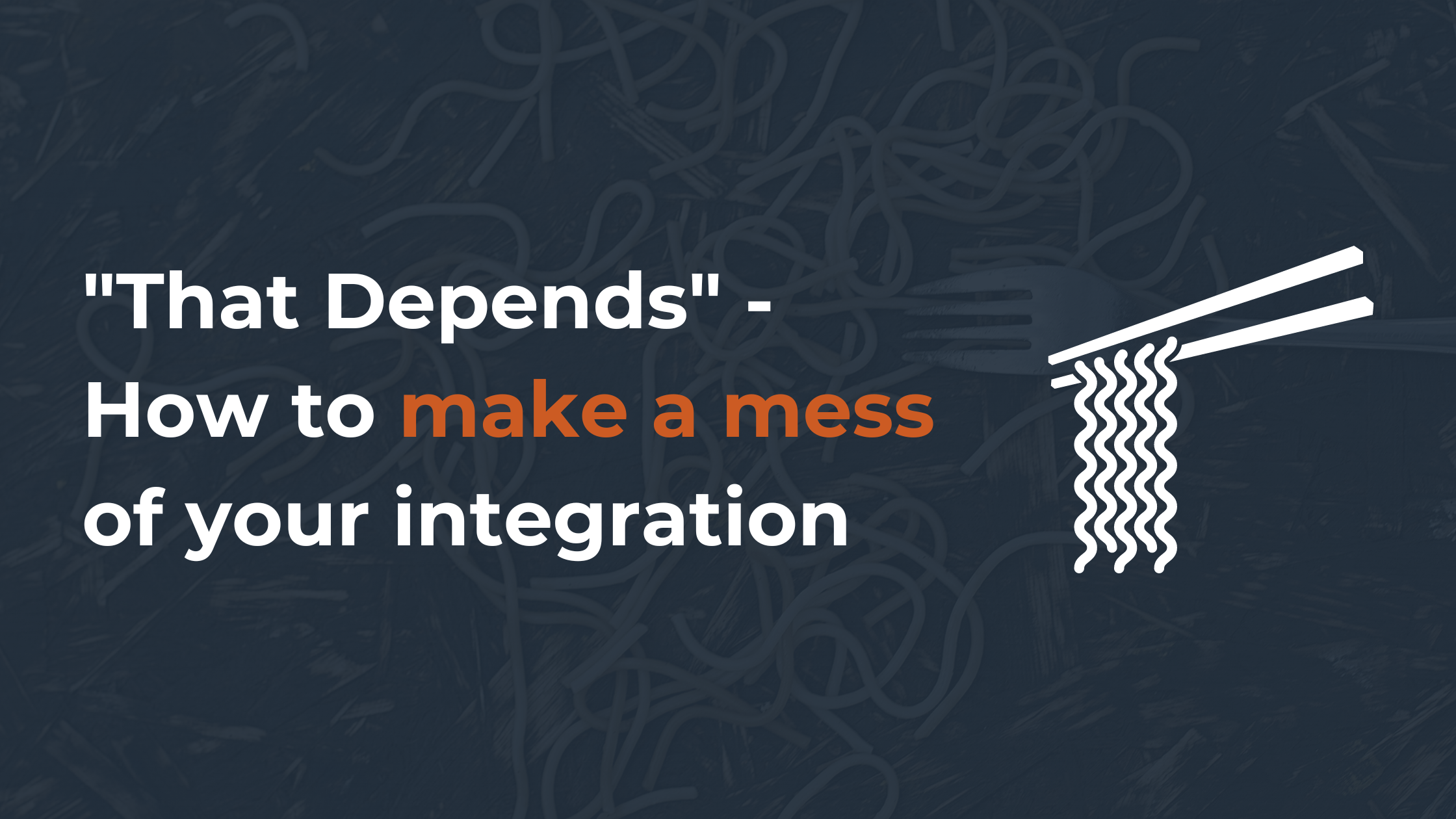Start with your team.
Before digging too deeply into the endless review sources for CRM, begin by interviewing your teams internally. Evaluate their work and what areas could use improvement.
Is there an urgent need for automation and the facilitation of workflows? Do you need a better system to manage service tickets? How are you filtering leads? When it comes to deciding which CRM platform, company goals may vary from the objectives set for each department.
Before digging deeper into the endless reviews of platforms, interview teams that deal with challenges in their work or struggle with the current CRM, lead your search with their story.
Let’s talk about sales.
The sales department is often the primary user of any CRM. Eager to get complete data visibility, these teams enhance the managing and scoring of leads and contacts. Additionally, salespeople focus on reports and sources of their opportunities and customer preferences. To drive revenue sales, needs to consider the following:
- Amount of time spent selling? (Day in the life of your sales team.)
- Accessibility to data or tools used outside the office;
- How to enhance customer experiences and deliver expected service;
- How does the CRM facilitate the process of data gathering, social insight and make every conversation with customers valuable and productive?
- How do you track the interactions with customers and partners?
These are vital components of any features you require in your new CRM.
Align the Marketing Team.
While closely collaborating with Sales, marketing proves its strategic value for business development. They play a critical role in evaluating CRM. Marketing helps define the metrics and engage targeted customers to deliver a higher ROI via multiple channels.
A CRM platform can continually build a pipeline of qualified leads. Marketing should be able to answer the following:
- Does existing CRM provide the analytics to deliver data on brand perception?
- Does CRM provide personalized interaction with every customer?
- Are marketing campaigns managed through this tool?
- Is the company monitoring brand positioning on social media?
- How are we calculating the ROI of marketing expenses?
Support Your Service Crew.
While sales and marketing drive customers to your product or service, your customer service or success team retain them. Your help desk representatives are expected to provide quick and accurate answers via all channels. They require fast, quality solutions to close cross-selling and upselling possibilities. To target your customer loyalty, ask the following:
- How are our customers engaging with us, what channels do they use?
- How do we handle customer support via multiple interaction channels?
- Does our solution enable reps to cross-sell and upsell?
- How does the system help to collaborate across the company?
- Does it allow flexibility in the processes and facilitate the workflow?
Your customer service team will empower them to improve loyalty and retention in your customers, ultimately driving lower churn rates and higher overall revenue growth.
Define Business Goals.
Your new CRM strategy should align with your business’s capabilities. Generally, there are three crucial goals companies share:
- Reduce the operation cost
- Track and improve efficiency
- Develop strong customer relationships
Your new platform should manage these specific objectives aligned with a cohesive strategy.
How to evaluate your CRM options
All CRM platforms offer varying features and tools, and defining the scale you evaluate could differ from user to user. Often companies will use simple scoring parameters to help identify the best option:
0 – CRM is non-existent
1 – CRM falls behind business needs or goals
2 – CRM meets some requirements, but features are lacking
3 – CRM is efficient and meets the current needs of the company
4 – CRM offers more resources and costs than required
We’ve compiled the top nine evaluation criteria to help find your perfect match:
Annual Expenses
There’s a direct correlation to the ROI of this initiative. Define the exact number of users and calculate the expenses. If the costs exceed the budget, consider other CRM vendors.
Timing the Implementation
The implementation of the CRM may require third-party assistance. Will you need data migration assistance? That’s an added cost and time constraint. Consider working with an onboarding specialist to set realistic timelines, coordinate office policies, busy seasons, etc. Onboarding your team is critical to success.
User Training
Your CRM is only as viable as your user adoption; the new CRM should minimize the complexity and iterate the processes on all levels.
Accessibility and Mobility
Mobility and accessibility create critical response times for company flexibility; consider this on the list of must-have CRM solutions.
Integration Capabilities
With numerous software sending information into and out of your CRM, it is crucial to use more solutions than solely your selected CRM platform when building a business. Successful implementation means ensuring your new CRM integrates with other services you have already successfully applied (i.e., email, document storage, marketing automation, business intelligence, call tracking, survey tools, etc.)
Workflow and Insights
Look for transparency in workflows and reports and align those expectations with selecting a CRM vendor that provides visibility into processes, analysis, forecasting, deal volume, and won reports.
Scalability Question
Crucial for growth: will you outgrow the system, or will it grow with you? Check out the scalability of each option concerning:
- Permissions setting for teams
- Geolocation for customers to deliver the timely offers
- Cost of growth – figure out how the platform may scale as your company evolves.
Customization Aptitude
Out of the box or fully customizable: anticipate the change, discover customization potential with each CRM option. There are often common areas that need customization: sales funnel stages, records filtering, and data sorting options, as examples.
Post Purchase Support
Maximize success by enabling your team with proper tutorials. Look into references for users, online support, tutorials, and helpful guides.
While the CRM evaluation and selection of a new vendor can be challenging, this guide serves as a starting point for creating a success checklist. Explore the options and select the system most aligned with your brand’s strategic objectives.
.png)



